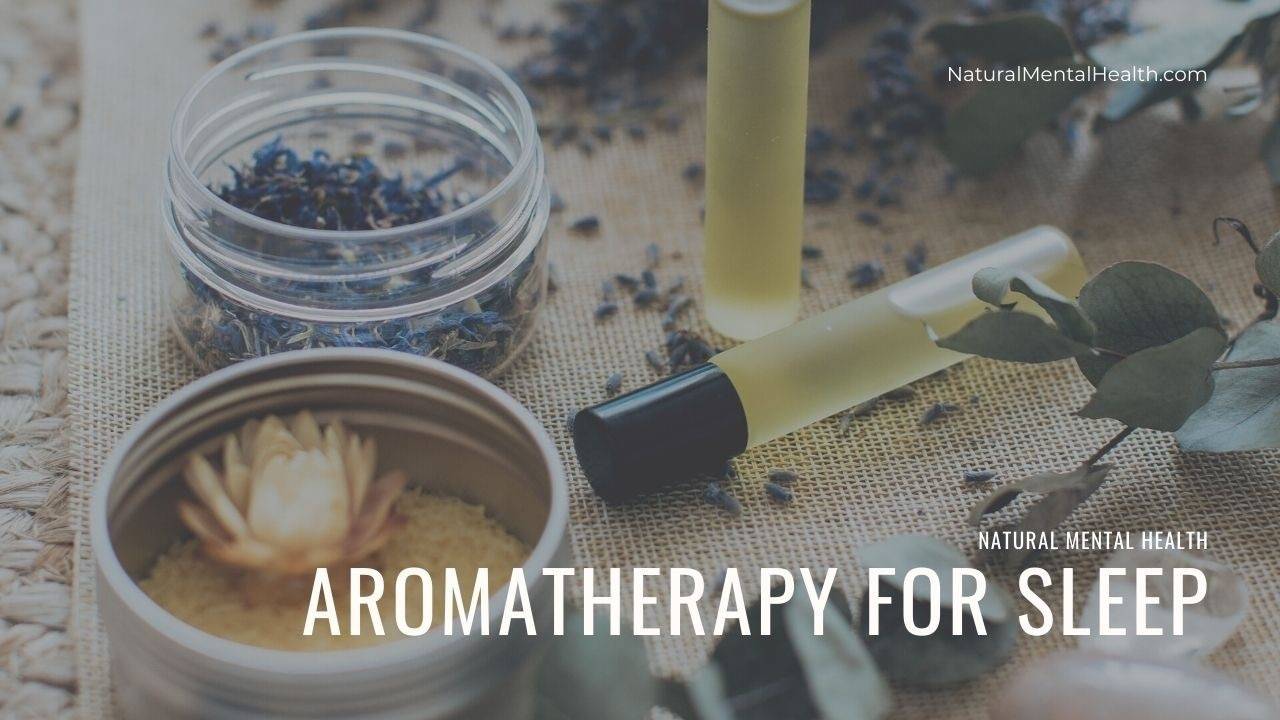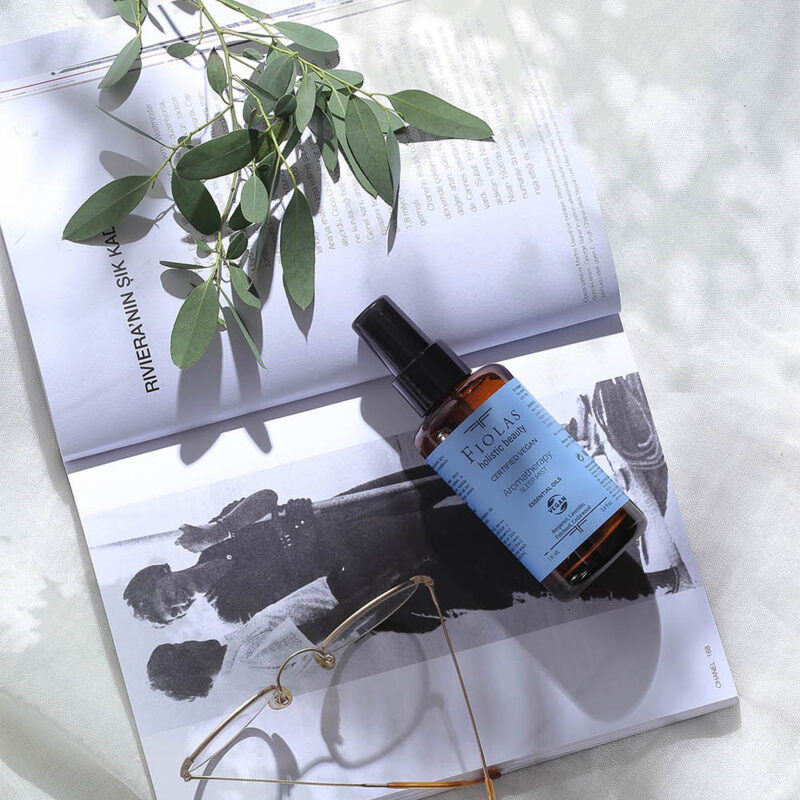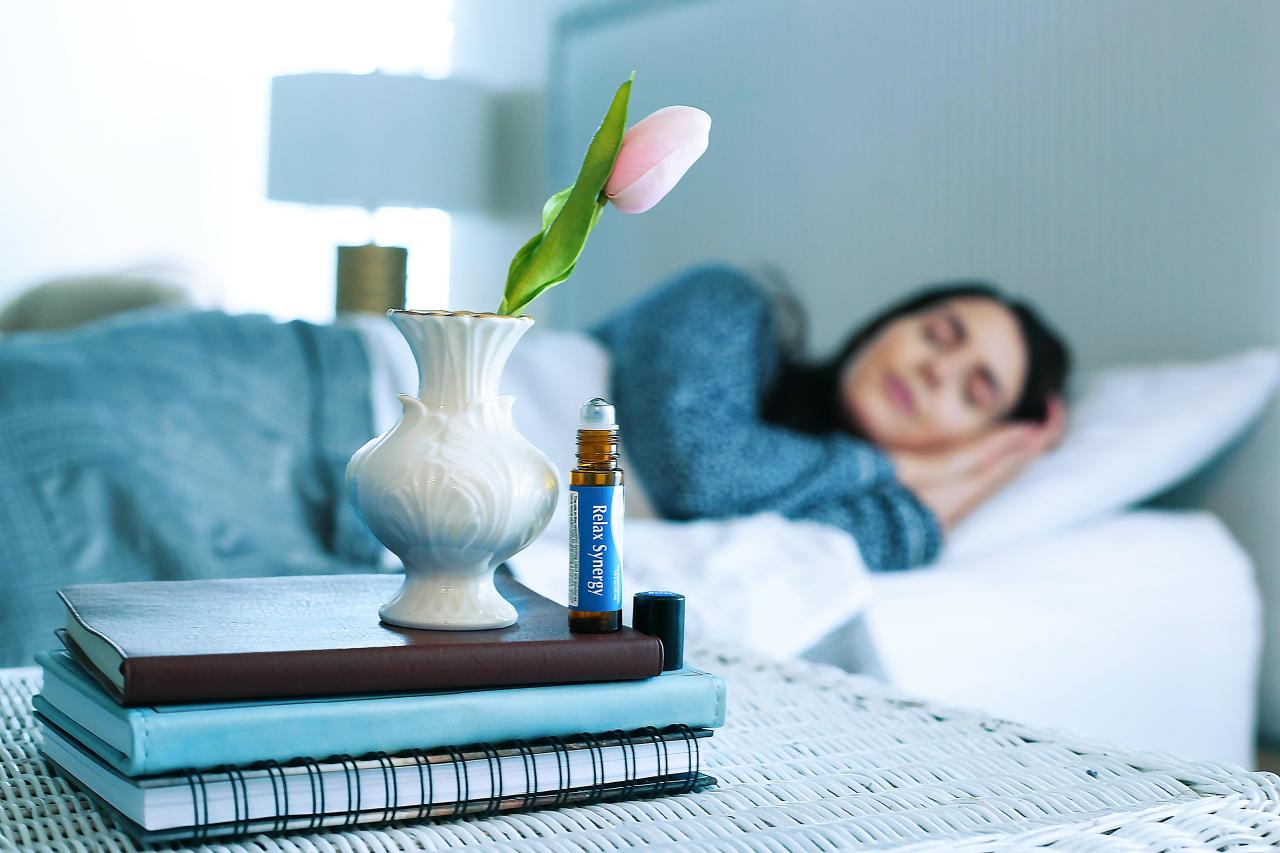In a world where sleep often eludes us, aromatherapy emerges as a beacon of hope. Discover the transformative power of essential oils as we delve into the enchanting realm of aromatherapy sleep. From the soothing embrace of lavender to the calming whispers of chamomile, this ancient practice holds the key to unlocking a night of deep and restorative slumber.
Unveil the secrets of creating a sleep-inducing sanctuary in your own bedroom. Learn how to harness the power of scents, lighting, and temperature to lull you into a state of pure relaxation. Embrace the science behind aromatherapy, exploring the intricate mechanisms by which essential oils interact with our bodies and minds, promoting a sense of tranquility and ease.
Essential Oils for Aromatherapy Sleep
Aromatherapy has gained immense popularity as a natural remedy for promoting restful sleep. Essential oils derived from plants possess calming and sleep-inducing properties that can help soothe the mind and body, creating a conducive environment for slumber.
Lavender Essential Oil
Lavender is renowned for its calming and relaxing effects. Its oil contains linalool and linalyl acetate, compounds that have been shown to promote relaxation and reduce anxiety. Lavender oil can be used in a diffuser, added to a warm bath, or applied topically to the temples or soles of the feet.
Chamomile Essential Oil
Chamomile, particularly Roman chamomile, is another effective sleep aid. Its oil contains alpha-bisabolol and matricin, which have sedative and anti-inflammatory properties. Chamomile oil can be diffused, added to a bath, or applied topically to the chest or forehead.
Bergamot Essential Oil
Bergamot essential oil is extracted from the rind of the bergamot orange. It contains linalool and bergapten, which have calming and uplifting effects. Bergamot oil can be diffused, added to a bath, or applied topically to the wrists or behind the ears.
Creating a Relaxing Sleep Environment
Establishing a calming atmosphere in your bedroom is crucial for promoting relaxation and restful sleep. Here are some key elements to consider:
Lighting
- Dim or turn off lights:Darkness triggers the production of melatonin, a hormone that promotes sleep.
- Use warm, soft lighting:Avoid bright or blue light before bed, as it can interfere with melatonin production.
Temperature
- Cool room temperature:Most people sleep best in a cool room, around 60-67°F (15-19°C).
- Avoid extreme temperatures:Too hot or too cold temperatures can disrupt sleep.
Scents
- Relaxing scents:Lavender, chamomile, and valerian root are known for their calming and sleep-promoting effects.
- Use a diffuser or spray:Add a few drops of essential oils to a diffuser or spray to create a soothing atmosphere.
Aromatherapy Blends for Sleep

Harnessing the therapeutic powers of essential oils, aromatherapy blends can effectively promote relaxation and improve sleep quality. These carefully crafted combinations synergistically blend various oils, each contributing unique properties that enhance sleep.
To ensure optimal results, consider the following factors when selecting an aromatherapy blend:
- Individual preferences:Choose scents that resonate with your personal taste and preferences.
- Specific sleep concerns:Target blends that address your particular sleep challenges, such as insomnia, anxiety, or restless sleep.
- Safety considerations:Consult with a healthcare professional if you have any underlying health conditions or are using medications that may interact with essential oils.
Recommended Aromatherapy Blends for Sleep
| Blend | Ingredients | Benefits |
|---|---|---|
| Calming Lavender | Lavender, Bergamot, Roman Chamomile | Promotes relaxation, reduces anxiety, and improves sleep quality |
| Sleepy Time | Lavender, Vetiver, Ylang-Ylang | Induces a sense of calm, eases tension, and encourages restful sleep |
| Sweet Dreams | Lavender, Sweet Orange, Cedarwood | Creates a soothing and uplifting atmosphere, reduces stress, and improves sleep |
| Tranquil Nights | Lavender, Frankincense, Clary Sage | Relieves anxiety, promotes emotional balance, and fosters deep sleep |
| Zen Blend | Lavender, Bergamot, Marjoram | Calms the mind, reduces stress, and improves overall sleep |
Note:The recommended dosage varies depending on the blend and method of application. Follow the instructions on the product label or consult with an aromatherapy professional.
Science Behind Aromatherapy for Sleep

Numerous scientific studies have demonstrated the effectiveness of aromatherapy in improving sleep quality. These studies have investigated the impact of essential oils on various aspects of sleep, including sleep latency (the time it takes to fall asleep), sleep duration, and sleep quality.
Essential oils interact with the body and brain through various mechanisms to promote relaxation and sleep. One of the primary mechanisms involves the olfactory system, which is responsible for our sense of smell. When essential oils are inhaled, the odor molecules travel through the nasal passages and bind to receptors in the olfactory bulb.
These receptors then send signals to the limbic system, a brain region involved in emotions, memory, and behavior.
The Limbic System and Sleep
The limbic system plays a crucial role in regulating sleep-wake cycles. By stimulating the limbic system, essential oils can help to promote relaxation, reduce stress, and improve sleep quality.
Essential Oils and Neurotransmitters
Essential oils can also interact with neurotransmitters, which are chemical messengers that facilitate communication between nerve cells. Some essential oils, such as lavender and chamomile, have been shown to increase the levels of serotonin and GABA, neurotransmitters that promote relaxation and sleep.
Essential Oils and the Autonomic Nervous System
Finally, essential oils can interact with the autonomic nervous system, which regulates bodily functions such as heart rate, blood pressure, and digestion. By stimulating the parasympathetic nervous system, which is responsible for “rest and digest” activities, essential oils can help to reduce stress and promote relaxation, which in turn can improve sleep quality.
Precautions and Safety Tips
Aromatherapy can be a gentle and effective way to promote sleep, but it’s important to use it safely. Here are some precautions to keep in mind:
Dilution:Essential oils are highly concentrated and can be irritating or even toxic if used undiluted. Always dilute essential oils in a carrier oil, such as jojoba, almond, or coconut oil, before applying them to your skin.
Skin Testing
Before using an essential oil on your skin, do a patch test to make sure you’re not allergic. Apply a small amount of diluted essential oil to a small area of skin, such as the inside of your elbow. Wait 24 hours to see if there’s any reaction, such as redness, itching, or swelling.
Pregnancy and Health Conditions
Some essential oils should be avoided during pregnancy or if you have certain health conditions. For example, rosemary oil can stimulate uterine contractions, so it should be avoided during pregnancy. If you have any health concerns, talk to your doctor before using essential oils.
Closure

As you embark on this aromatic journey, remember the importance of safety and precautions. Embrace the wisdom of dilution, skin testing, and mindful oil selection. With each inhalation, let the worries of the day melt away, replaced by a profound sense of calm and serenity.
Allow aromatherapy to guide you towards a night of restful sleep, where dreams blossom and rejuvenation unfolds.